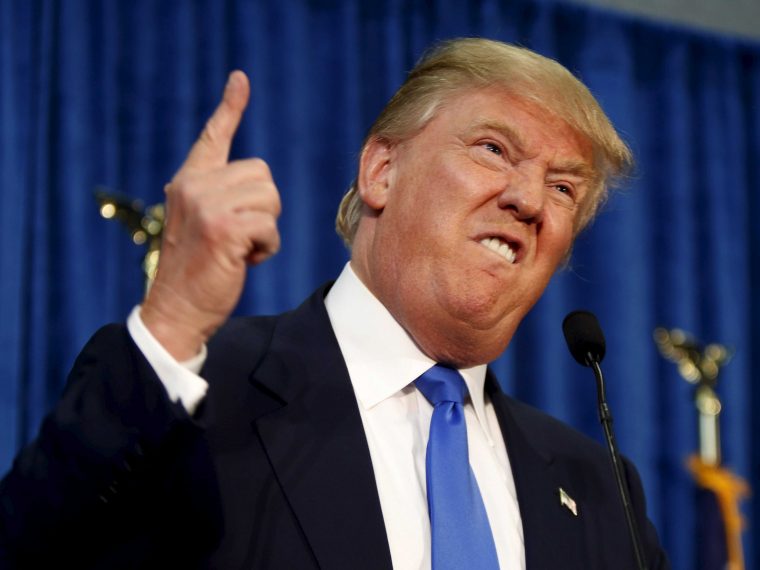US President-elect Donald Trump is filling his cabinet with rich people. According to the latest count, his nominees include five billionaires and six multimillionaires. This is what is known as oligarchy: direct control of the state by people with substantial private economic power.
Given that the Republicans also control both houses of Congress – and will soon make many judicial appointments – there is virtually no effective constraint on the executive branch.
In many instances – including the United States today – the initial reaction to such a government includes the hope that perhaps rich people will be good at creating jobs. They made themselves rich, goes the logic, so maybe they can do the same for the rest of us.
Hope usually dies last, but the incoming administration’s proposed economic policies are not encouraging. The organizing principle seems to be to discard pragmatism entirely and advance an extreme and discredited ideology.
The central theme of Trumponomics so far has been swift and sharp tax cuts. But Mick Mulvaney, Trump’s pick to run the Office of Management and Budget (OMB) is a prominent and articulate deficit hawk; he will have a hard time supporting measures that increase the national debt.
To some extent, tax cuts will be justified with overly optimistic projections regarding their impact on economic growth, as was done under President George W. Bush, with generally disastrous effects. But there is a limit to how much pressure can be put on the Congressional Budget Office, which is responsible for providing credible assessments of the fiscal impact of new policies.
Trump seems determined to lower income taxes for high-income Americans, as well as to reduce capital-gains tax (mostly paid by the well-off) and nearly eliminate corporate taxes (again, disproportionately benefiting the richest).
To do this, his administration will seek to increase taxes on others, and now we are beginning to see what this will look like. People close to the president-elect are considering an import tariff, set at around 10%.
This tariff will undoubtedly be presented to the public as a move to make American manufacturing great again. But a tariff is just another name for a tax that increases the costs of all imported goods. This could help a few firms at the margin – and presumably Trump’s team will highlight news stories (real or fake) about a few hundred or even a few thousand jobs being “saved.”
Continued next page
(292 VIEWS)
